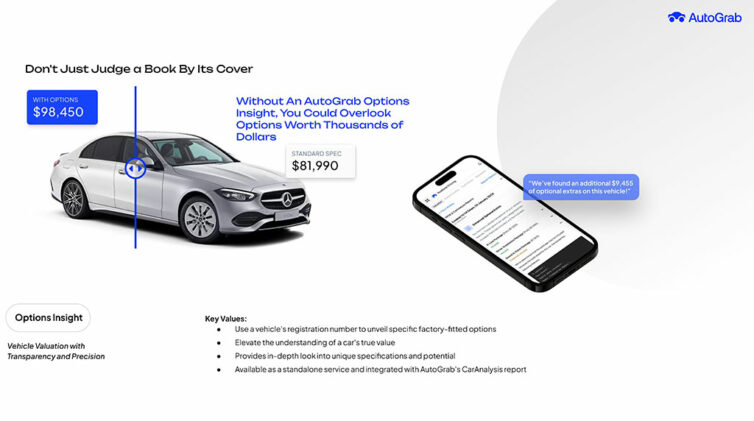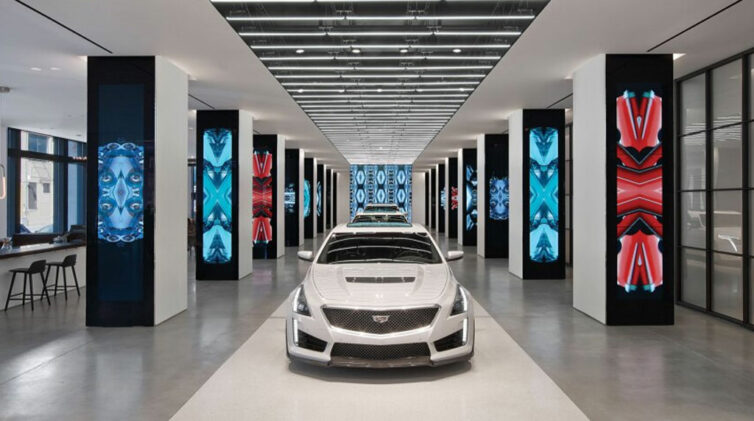
Alistair Davis
TOYOTA NZ managing director, Alistair Davis, discusses how the radical departure from convention affects the three main players in the new-sales process
1. Customers:
“Customers, by and large, have been really, really positive to Drive Happy,” Mr Davis said.
“Like all car companies we do customer satisfaction surveys and gauge how they are going. Drive Happy has been almost universally acclaimed.
“I’ve had some positive comment on social media as well as the surveys.
“The only complaints we have received have been that some promises we made have tripped up. We got caught on that.
“One example was a customer who expected to take a car overnight on a test and the car he wanted was not available, for reasons including it was not returned from the previous borrower. So that customer said we didn’t live up to our promise.
“To me, that’s good because it shows we needed to get better.”
On the fixed-price issue, Mr Davis said:
“A lot of people were nervous to start with because many wanted to haggle on the price and were very resistant about not being able to do this.
“That was a concern for some bigger city dealers who have prospective buyers who, because of their custom, wanted to haggle on price. But we found that as long as we explained the situation to people, the reaction was positive.
“There hasn’t been any real negative reaction to the fixed price, though there may be some people who didn’t go back to the showroom because they couldn’t haggle.”

2. Sales staff:
“In terms of the reaction of sales staff, the front line, I think they have been pleasantly surprised that a lot of pressure has gone out of the relationship with the customer because they are not expected to haggle,” Mr Davis said.
“So it’s a more friendly relationship that is focused on the customer needs and the car they want to buy, rather than the price hanging over the conversation.
“More time can be spent on the car rather than on the numbers.
“Sales managers also don’t have to worry about ordering cars and forecasting stock and then swapping stock between dealerships. They have much more time to manage the business of selling and prospecting for customers.
3. Dealers:

“The salespeople and managers are happy and the dealers, CEOs and business owners – who have the first concern of profits – are also happier,” Mr Davis said.
“The executives of the business could have been worried initially because of the unknown factor of the amount of volume going through the store,” he said, indicating that it could have been a nervous April in boardrooms of many Toyota dealers.
“Now, they are saying the return-on-sales is back to a strong number. So, overall, everyone has less stress.”
Mr Davis also said that he had not heard of any reduction in staff numbers “and I don’t expect any”.
The change in the business model has, however, changed some associated businesses, including advertising.
“Advertising has changed a bit, especially when we used to have strong advertising campaign announcing a price reduction to get people into the showroom and cut a deal under pressure,” he said.
“Now the focus is on the sales staff being more level and without the need to launch specials and the need to concentrate on clearing stock at the end of each month.
“It has challenged 50 years of habit.”
By Neil Dowling













 Read More: Related articles
Read More: Related articles

